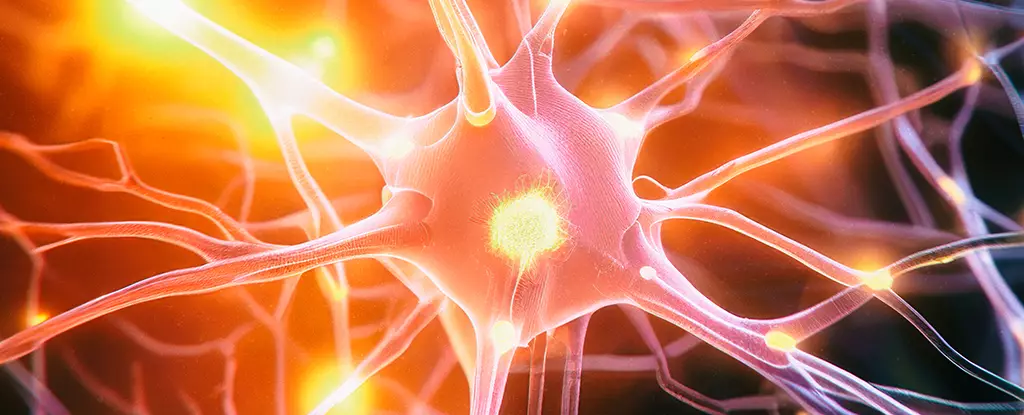Parkinson’s disease is widely recognized for its neurological impact, particularly affecting motor skills. Patients often experience slowness of movement, rigidity, and tremors, which are classic symptoms that define the condition. However, the affliction goes beyond mere physical impairments. Increased attention has emerged on how Parkinson’s disease manifests cognitively, revealing a pervasive decline in mental functions, including mood disturbances and memory loss. This multifaceted nature of the disease highlights a critical need for comprehensive treatments that address both the motor and cognitive aspects of the disorder.
Recent research underscores the relevance of inflammation in the brains of individuals with Parkinson’s disease. A key player in this inflammatory response is a type of immune cell known as microglia. Under normal circumstances, microglia serve to protect the brain from injury and disease. They act as sentinels, responding to pathogens and contributing to homeostasis. However, in Parkinson’s disease, these cells can become overactive, perpetuating a cycle of inflammation that exacerbates cognitive decline. The balance maintained by microglia could be pivotal in safeguarding cognitive health, making them a target for therapeutic interventions.
In light of these findings, researchers from the University of Arizona have turned their attention to a novel therapeutic approach involving PNA5, a peptide designed to target specific receptors linked to blood pressure regulation. Early studies have revealed that PNA5 may not only possess neuroprotective properties but also enhance cognitive functions. This peptide has emerged as an attractive candidate due to its affinity for its target receptor and its safety profile, which allows it to be metabolized without any adverse effects in the body.
Through rigorous experimentation on mice exhibiting symptoms akin to those experienced in Parkinson’s disease, researchers observed promising results. They found that administering PNA5 led to notable improvements in memory function, particularly in areas associated with recognition and spatial working memory. Furthermore, the introduction of the drug appeared to slow down neuronal loss in the hippocampus, a brain region fundamentally involved in memory processes.
The mechanism through which PNA5 exerts its effects appears to involve modulation of microglial activity. By reducing the hyperactive state of these immune cells, PNA5 fosters a more stabilized environment within the brain. As the inflammatory response subsides, the potential for further neuronal degeneration diminishes, thereby contributing to the preservation of cognitive processing capabilities. Neurobiologist Kelsey Bernard aptly notes that this protective strategy could be fundamental in preventing ongoing cognitive deterioration.
Moreover, this research indicates that addressing inflammation may play a crucial role in mitigating the neurologic symptoms associated with Parkinson’s disease. As inflammation wanes, the opportunity for neurons to recover and function optimally increases, ultimately enhancing the overall quality of life for individuals affected by the disease.
While the results from animal models are promising, the journey is far from complete. The efficacy and safety of PNA5 must be rigorously evaluated in human trials, a challenge that researchers are actively pursuing. The transition from animal studies to clinical applications often presents multiple hurdles—primarily ensuring that the findings can be reliably replicated in humans. As neurodevelopmental biologist Lalitha Madhavan points out, a significant proportion of Parkinson’s patients exhibit cognitive impairments at the time of diagnosis, amplifying the urgency for effective therapeutics to be developed and readily accessible.
The exploration of PNA5 as a treatment modality presents an exhilarating frontier in Parkinson’s disease research. While motor symptoms can often be addressed through traditional interventions, a breakthrough in cognitive preservation could revolutionize how this debilitating disease is managed. This research encourages a hopeful outlook on the potential for new treatments that could truly transform the lives of those living with Parkinson’s, fostering not only motor balance but also cognitive resilience in the face of this formidable neurodegenerative disease.


Leave a Reply